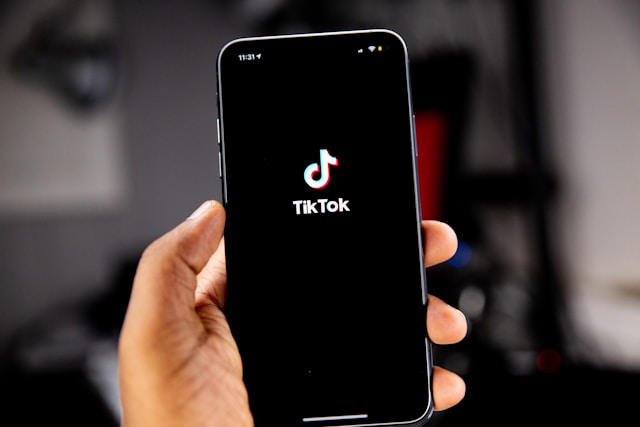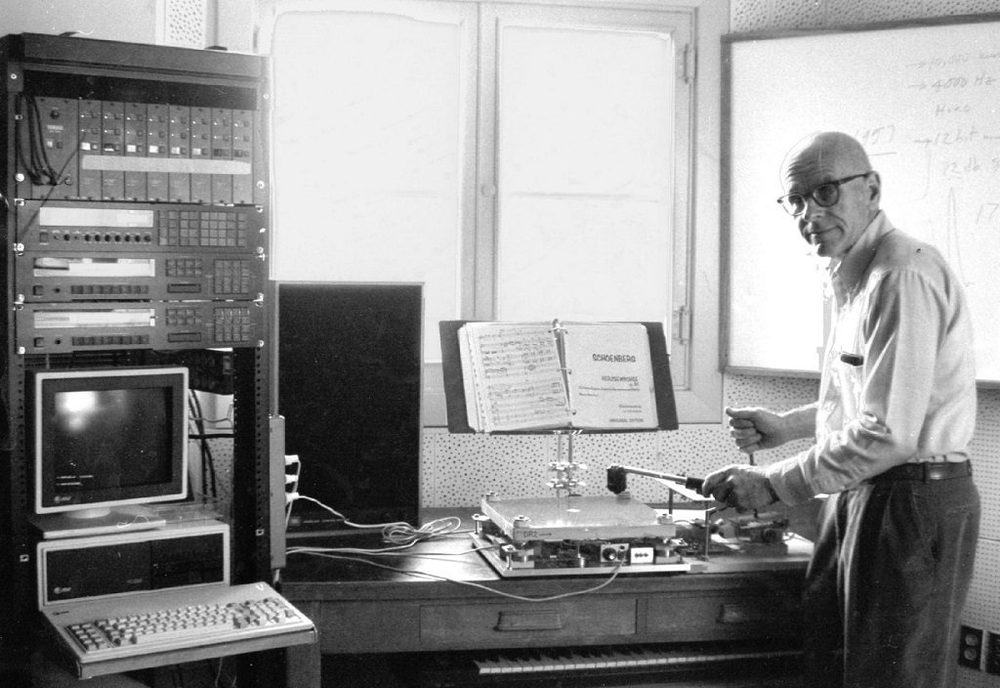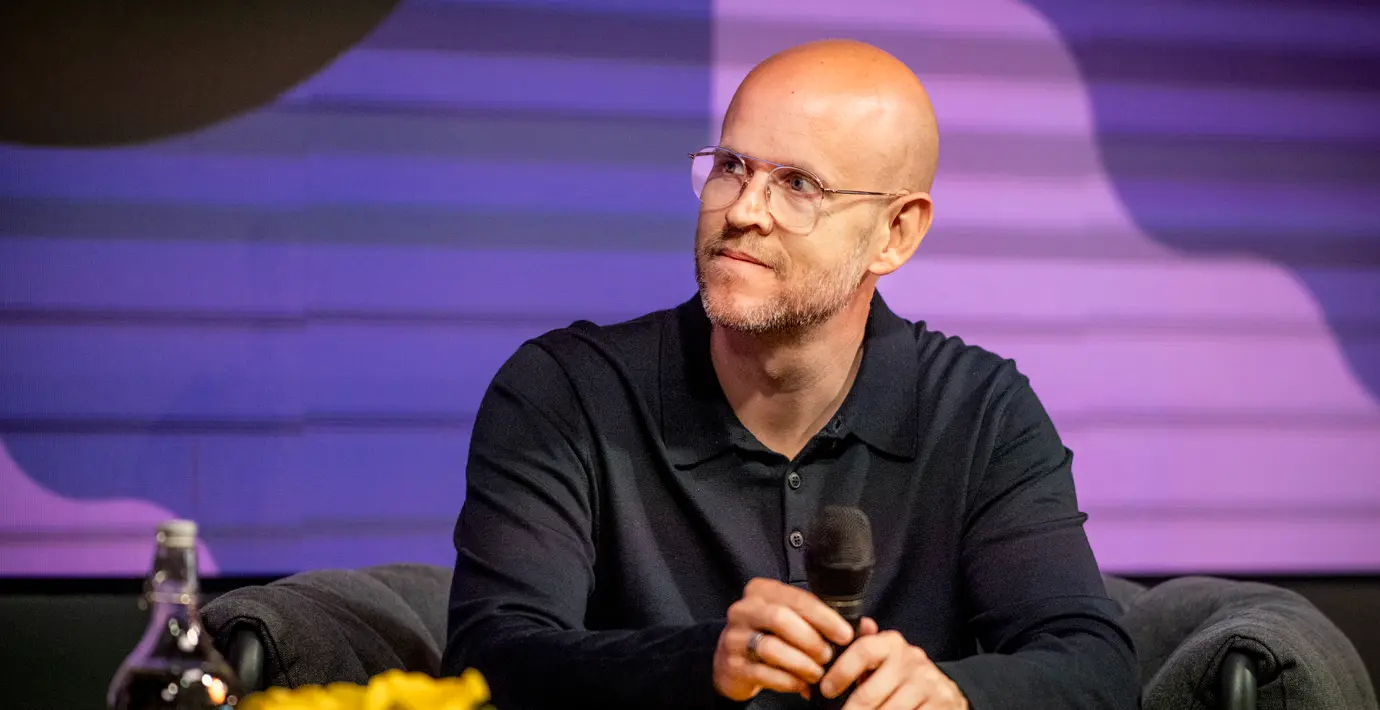Imagine this: just a decade ago, the path to a Billboard hit ran through radio airplay and strong label support. Today, a star track can emerge from a 15-second TikTok clip. This short-form video platform has radically changed music marketing, turning ordinary people into true “trendsetters.” But does this mean TikTok is replacing traditional music charts like Billboard? Let’s break it down.
TikTok: A New Force in the Music Industry
TikTok’s influence on the music industry has become unprecedented. Between 2020 and 2021, the number of songs that went viral on TikTok and entered the Hot 100 doubled, with over 175 tracks making it onto the chart. By 2024, 84% of songs on the Billboard Global 200 had first gone viral on TikTok, with only 4% lacking any TikTok moment (TikTok and Luminate Music Impact Report 2025).
- Lightning-Fast Success: Previously, songs might take weeks or months to climb the charts. TikTok compresses the timeline from discovery to stardom, turning months of promotion into overnight success.
- Discovery Engine: TikTok has become a leading platform for discovering new music, especially among Gen Z and Millennials. 75% of users report discovering new artists on TikTok, turning listening into a social and algorithm-driven experience. Deloitte (Digital Media Trends Survey 2024)
- Streaming and Sales Impact: When a track goes viral on TikTok, it typically sees an 11% increase in on-demand streaming within three days of peak views. TikTok-associated artists show 11% week-to-week streaming growth versus only 3% for others. Viral exposure also drives activity beyond the platform: 67% of users search for songs they hear on TikTok on other streaming services like Spotify and Apple Music. In the U.S., TikTok users spend 46% more on music monthly and are nearly twice as likely to be “superfans.” The “Add to a Music App” feature has already generated over one billion track saves.
- Reviving Old Hits: Even long-forgotten tracks get new life. When Fleetwood Mac’s “Dreams” (1977) went viral again in 2020, it saw a 374% sales spike and 89% increase in streaming.
- Star-Making Stories: TikTok has launched numerous successful artists, from Lil Nas X’s “Old Town Road,” the longest-running #1 in Hot 100 history, to Doja Cat and PinkPantheress, who started their careers creating music in dorm rooms. In 2024, Olivia Rodrigo, Sabrina Carpenter, and Chappell Roan also benefited significantly from TikTok virality.
The Double-Edged Sword: Challenges and Criticism
Despite its undeniable impact, TikTok raises concerns among the music industry and artists themselves.
- Pressure and “Fake Viral Moments”: Some artists complain about constant pressure from labels to create TikTok-ready content, turning them into full-time content creators and causing burnout. There have been instances where label releases were delayed if the music wasn’t “TikTok-ready.”
- Shift in Songwriting and “Disposable” Music: The viral chase has led to songs written around 15-second hooks, sometimes compromising overall quality. Critics argue this creates fragmented music and turns songs into disposable products.
- Ephemeral Popularity: Viral TikTok success doesn’t always translate into long-term chart performance. Artists may become “one-hit wonders,” with audience attention fading quickly. This also affects live performances, where fans might only know a single viral track.
- Limited Artist Development: Some believe TikTok-driven promotion leaves artists little room to grow as musicians.
- Algorithmic “Gatekeeping”: TikTok’s algorithms have effectively become new gatekeepers, sometimes more influential than the old radio-centric system.
Industry Adaptation and the Future
The music industry is actively adapting to TikTok realities. Major labels now focus on influencer partnerships, creating short teasers and content suited to the platform. Pre-release clips are tested for virality before official song launches.
In September 2023, Billboard and TikTok launched a joint chart, the TikTok Billboard Top 50, to track the most popular songs on the platform in the U.S. Although officially discontinued on March 7, 2025, its existence highlights the deep connection between TikTok and mainstream music success.
TikTok has undeniably changed the rules of the music industry, shifting power from traditional institutions to digital communities and rethinking how hits are made. While concerns remain about fleeting viral trends and artistic longevity, TikTok stands as one of the most powerful drivers of music today—and it shows no signs of slowing down.






